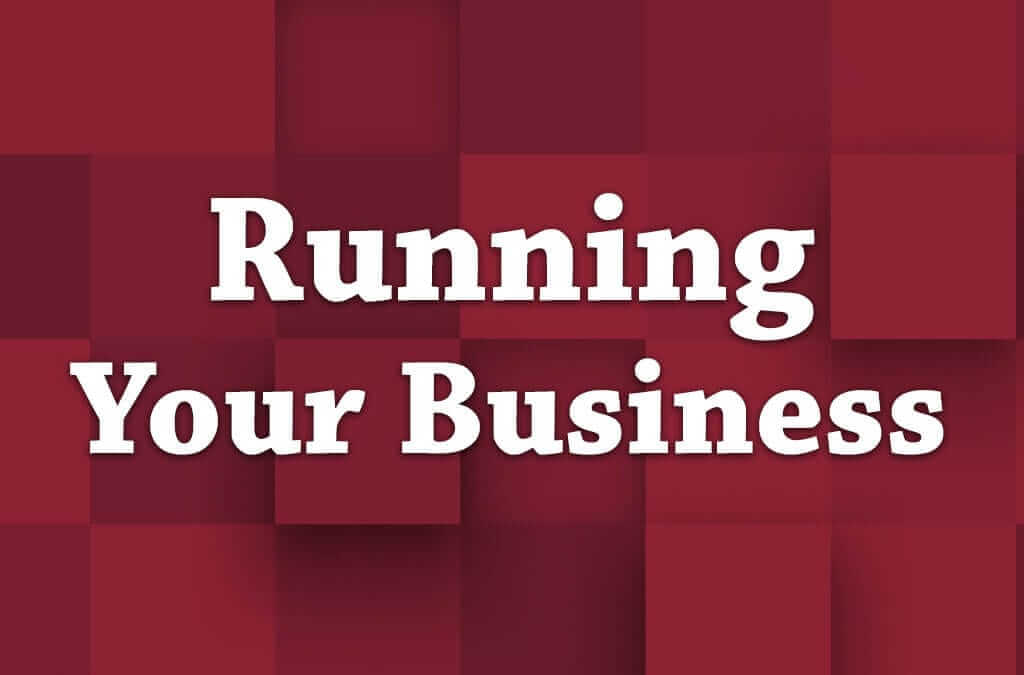Even small business owners who think they have a thorough financial plan in place that will help their companies remain solvent can fall victim to unfortunate circumstances. If you're not properly prepared, they can end up taking your business down.
Entrepreneur magazine recommends that you prepare for adverse events by calculating your "cash runway" – the amount of time and money with which you can operate in the red. There are several factors that affect the length of a cash runway, including the strength of a company's cash flow management, employee risk tolerance and the founder's personal runway.
Cash flow management – or monitoring and predicting the stream of money coming in and going out of your company – is a crucial part of small business success. As Bankrate.com notes, there's a widespread misconception that poor cash flow issues only affect enterprises with declining sales. In fact, cash flow problems can be experienced by successful businesses too. Fast-growth companies are particularly vulnerable because they need to fund inventory expansion and pay their workers while they're waiting to get paid.
Realistically assessing risk is a key component of successful cash flow management. Shrewd entrepreneurs typically get their companies off the ground by "going after twice as much as they need and knowing it will take twice as long for that to materialize," according to Entrepreneur.
Another factor affecting small business cash runways is employee risk. As the owner of a small enterprise, you're completely committed to your company's long-term success. However, your employees have less to lose and are consequently likely to have considerably less loyalty to the business – something that's only going to decrease when you hit a rocky patch that could put their paychecks in jeopardy. Boost your employees' fidelity by offering non-cash compensation like equity and options.
You don't have to be a small business owner to have a cash runway. Other people have them too, only on a personal scale. If your company is on the brink of going under, you may need to dip into your personal finances to keep the business afloat, or look to secure commercial loans and other capital.


